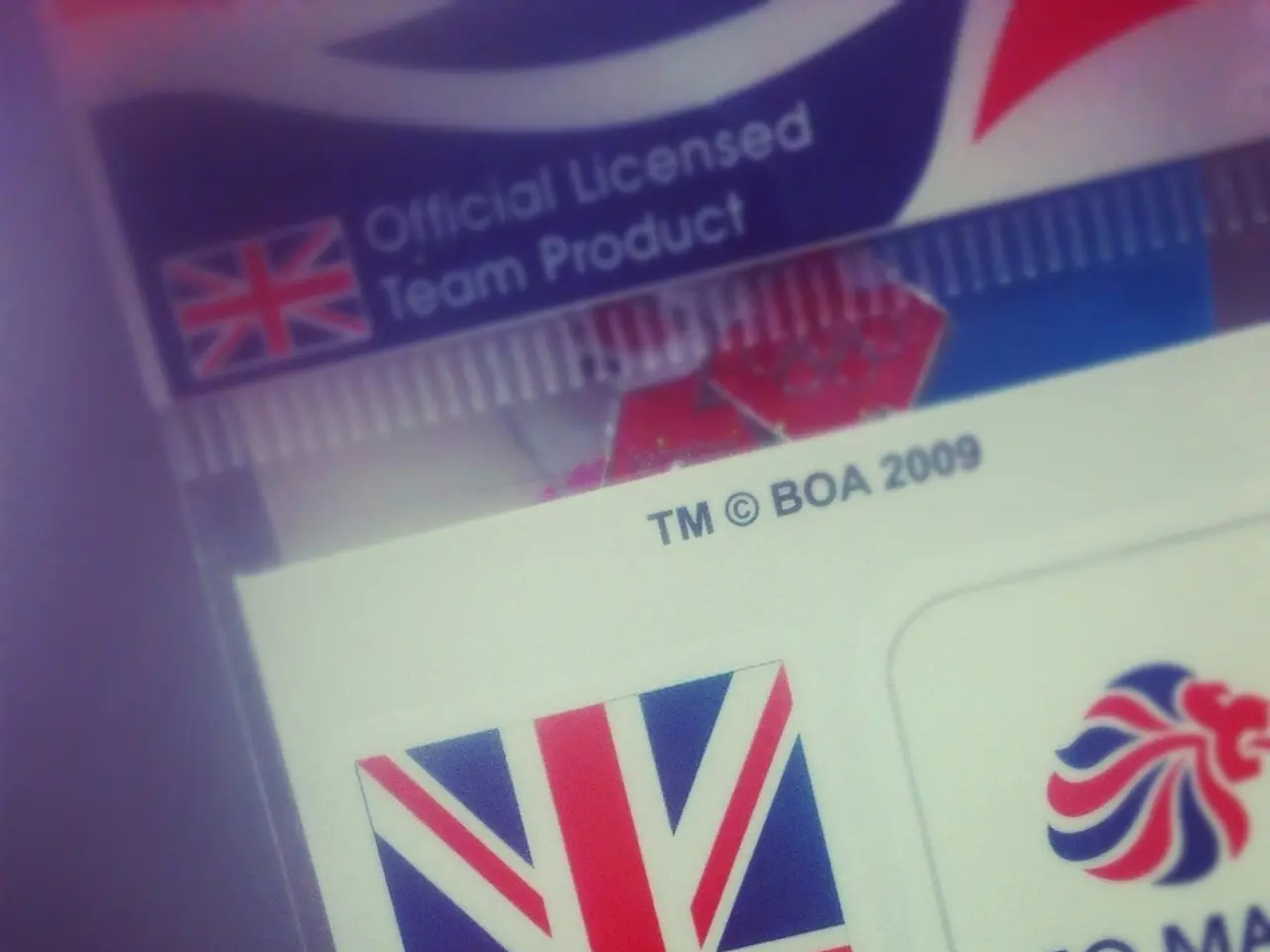Procedure for Acquiring a Financial Technology License in Ghana
===================================================================
The Financial Technology (FinTech) sector in Ghana is regulated primarily by the Bank of Ghana (BoG), with the Payment Systems and Services Act, 2019 (Act 987) serving as the primary regulatory framework. To operate legally in Ghana, FinTech businesses must obtain a license from the BoG. This article provides a step-by-step guide on the process.
Step 1: Prepare Required Documentation
To begin the application process, applicants must prepare the following documents:
- A Certificate of Incorporation issued by Ghana’s Registrar General.
- A comprehensive business plan detailing the fintech operation.
- Technical and security infrastructure documentation demonstrating robust cybersecurity measures.
- Background details of directors and key personnel, showing fitness and propriety.
- Additional documentation like governance structures and Anti-Money Laundering (AML) policies, especially for crypto-related fintech firms under the Virtual Asset Service Provider (VASP) category.
Step 2: Meet Capital and Compliance Requirements
Different fintech license categories have varied minimum capital requirements. For instance, an Electronic Money Issuer (EMI) license requires a minimum capital of GHS 20 million. Compliance with the Data Protection Act, AML, and Know Your Customer (KYC) regulations is mandatory. Proof of financial stability and adequate capital must be demonstrated before application.
Step 3: Submit Application to the Bank of Ghana
Applications are submitted through the BoG’s Online Regulatory and Supervisory Services System (ORASS) portal. The submission should include all prepared documents, fees, and a clear explanation of the business model aligning with regulatory standards. After submission, there may be fitness tests for directors, site inspections, and a period of test operations granted post preliminary approval.
Step 4: Pay Licensing and Processing Fees
Licensing fees vary depending on the type of fintech license applied for. Applicants should budget for both initial fees and ongoing costs tied to compliance and reporting.
Step 5: Additional Compliance Steps for Foreign Entities
Foreign fintech companies may need to obtain a Ghana Investment Promotion Centre (GIPC) Certificate to legally operate in Ghana, with minimum capital requirements depending on ownership structure.
Step 6: Post-Licensing Obligations
Licensed fintechs must maintain adherence to ongoing regulatory requirements, including submitting periodic financial reports, maintaining capital adequacy, and complying with data protection laws and AML/KYC protocols.
The process is comprehensive and designed to ensure fintech firms in Ghana operate securely, transparently, and in accordance with global standards. Expert consulting firms like Idara or BMP Global offer assistance in preparing documents, compliance strategies, and navigating the Bank of Ghana’s regulatory framework.
Key Documents
- Certificate of Incorporation
- Comprehensive business plan
- Technical/security infrastructure documentation
- Background checks/conflict of interest declarations for directors
- AML/KYC policies and procedures
- Cybersecurity protocols (especially for crypto/VASP licenses)
- Governance frameworks
Core Steps
- Document preparation
- Submit via BoG ORASS portal
- Pay fees
- Fit and proper tests + site visits
- Receive license
- Fulfill ongoing compliance
This licensing framework covers various fintech categories including electronic money issuers, payment service providers, and increasingly, crypto asset service providers under new regulations. Foreign fintech companies seeking to operate in Ghana should familiarise themselves with these guidelines to ensure a smooth application process.
[1] BoG (2021). Guidelines for the Regulation and Supervision of Virtual Asset Service Providers. Bank of Ghana. [2] GIPC (2021). Invest in Ghana: Registration Requirements. Ghana Investment Promotion Centre. [3] BoG (2019). Payment Systems and Services Act, 2019 (Act 987). Bank of Ghana. [4] Idara (2021). Fintech Licensing in Ghana. Idara Consult. [5] BMP Global (2021). Fintech Regulation in Ghana: A Comprehensive Guide. BMP Global.
In the process of obtaining a license for a fintech business in Ghana, potential applicants must demonstrate financial stability and adequate capital, as dictated by the minimum capital requirements for different license categories (Step 2). This requirement is crucial since an Electronic Money Issuer (EMI) license, for example, necessitates a minimum capital of GHS 20 million (Step 2). Additionally, investing in compliance strategies and consulting firms that specialize in navigating the Bank of Ghana's regulatory framework, such as Idara or BMP Global, can significantly ease the application process (last sentence).




